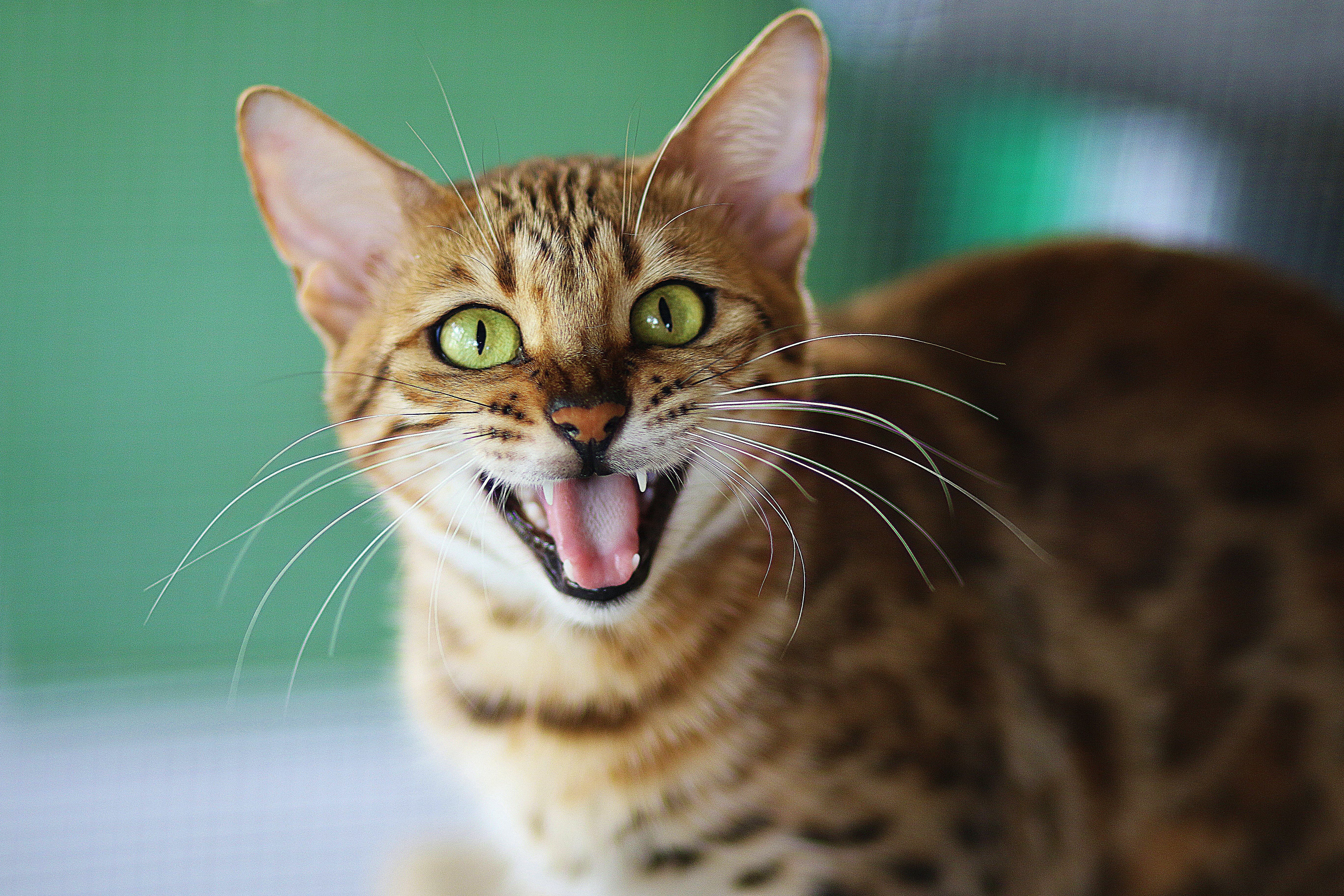An estimated 80-90% of dogs over age 3 and 50-90% of cats over age 4 have some form of dental disease. And since dental issues can lead to pain, tooth loss, and contribute to serious health conditions such as kidney and heart disease, it’s important to make good dental health a priority for your pet.
Any dog or cat can develop dental issues. but their genetic makeup can influence their susceptibility to certain problems. So let’s take a look at some of the ways breed and genetics contribute to dental health.
Dental conditions that may include a genetic component
- Periodontal disease. One of the most common dental ailments, periodontal disease involves infection and inflammation. It includes gingivitis, which is an inflammation of the gums, and periodontitis which is an infection that can damage the bones that support the teeth.
- Enamel defects. Enamel protects the surface of the tooth. If defects cause thinning enamel, teeth are at greater risk for discoloration, increased plaque, and pain.
- Crowded teeth. Overcrowded teeth can cause excessive wear and are more likely to trap food and plaque.
- Improper bite. Malocclusions, or bite abnormalities, can impact a pet’s ability to eat or, in severe cases, damage soft tissue in the mouth.
- Missing teeth. Teeth that remain below the gum line may lead to dentigerous cysts that can impact the root of surrounding teeth or cause jaw damage.
- Tooth resorption. More commonly found in cats than dogs, tooth resorption is a painful condition caused when the hard tissue below the enamel erodes.
Breeds prone to dental health issues
Any dog or cat can develop dental health issues, but the likelihood is greater in certain breeds.

Dog breeds at high risk for dental disease
Size plays a role in a dog’s dental disease risk. A recent study by Waltham Petcare Science Institute confirmed what had long been suspected: small dogs are at a higher risk for dental disease. Data from Waltham’s study showed that dogs in the toy breed group were up to five times as likely to develop dental issues than dogs in the giant breed group, though other research shows there are some outliers to the association between size and risk. Facial structure is also a factor, with flat-faced dog breeds (known as brachycephalic) more prone to dental issues.
Dog breeds that are most likely to develop dental disease include:

Cat breeds at high risk for dental disease
Since there is a smaller size range in cats, their overall size isn’t a contributing factor to dental health, but genetics still come into play. Like dogs, brachycephalic cat breeds are at higher risk. And recent research from the Royal (Dick) School of Veterinary Studies has isolated the MMP9 gene as a possible contributor to feline tooth resorption.
Cat breeds that are likely to develop dental disease include:
Dental tips for pet owners
- Schedule regular dental health exams: Routine exams, x-rays, and cleanings can help you stay ahead of more serious dental health issues.
- Brush your pet’s teeth: Introduce a daily at-home dental care routine using pet-specific toothpaste.
- Offer dental toys and treats: Provide veterinarian-recommended toys and treats designed to help reduce plaque and tartar buildup.
- Feed a diet that supports dental health: Talk with your veterinarian about specially-formulated dry foods that encourage more chewing
- Consider genetic screening: By knowing a pet’s genetic predispositions and breed make-up, veterinarians and pet parents can implement proactive measures early on.
Final thoughts
Good dental hygiene is important for all pets. However, dogs and cats that are genetically predisposed to dental disease may require a little extra attention to keep their teeth and gums healthy. Your veterinarian is your best resource and partner in your pet’s life-long dental care journey.




